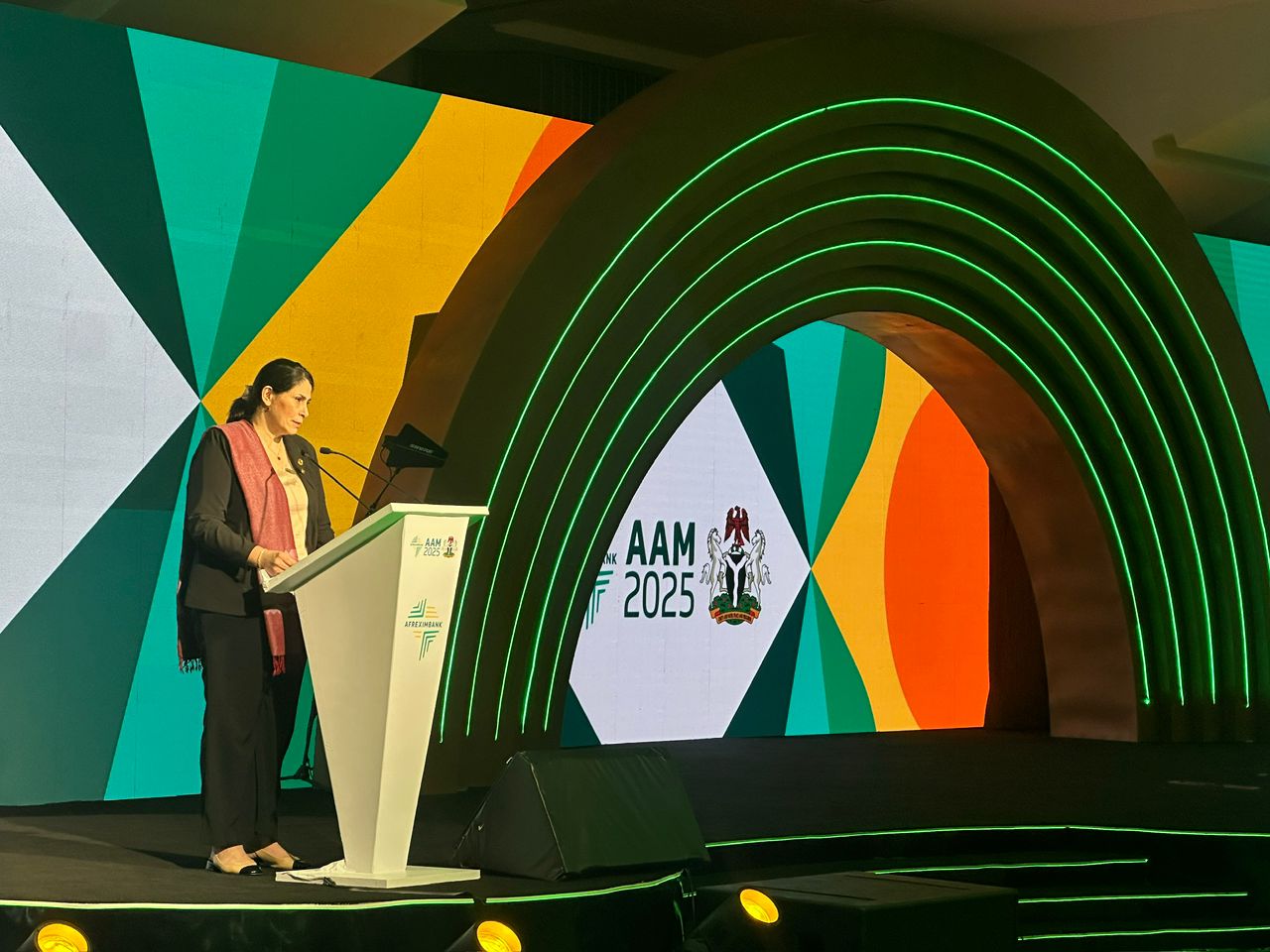Topic Resources
February 10, 2022
Agenda 2063 is Africa’s development blueprint to achieve inclusive and sustainable socio-economic development over a 50-year period.
July 24, 2025
MANUAL ON MODALITIES FOR ENHANCING COORDINATION BETWEEN THE PEACE AND SECURITY COUNCIL OF THE AFRICAN UNION AND THE AFRICAN MEMBERS OF TH
July 18, 2025
The purpose of the African Union Accountability Framework on the elimination of harmful practices in Africa is to ensure that good perfor
July 18, 2025
Science, Technology and Innovation Strategy for Africa STISA 2034
"Driving Africa's Future"
July 23, 2025



